Inflation in Lebanon soared an annual 215 per cent in February as the country’s economic meltdown worsens and talks with the International Monetary Fund for a bailout package continue.
Lebanon’s economy collapsed after it defaulted on about $31 billion of eurobonds in March 2020, with its currency sinking more than 90 per cent against the dollar on the black market, Persecondnews.com gathered.
The surge in inflation is due “in part to the inability of the authorities to monitor and contain retail prices, as well as to the deterioration of the Lebanese pound’s exchange rate on the parallel market and the gradual lifting of subsidies on hydrocarbons, which have encouraged opportunistic wholesalers and retailers to raise the prices of consumer goods disproportionately”, Byblos Bank said in a note.
Inflation has since surged while public debt, already a major overhang, continued to rise and reached $100bn, or about 212 per cent of gross domestic output, in 2021. That ranks Lebanon as the country with the fourth highest debt-to-GDP ratio in the world, surpassed only by Japan, Sudan and Greece, according to the World Bank.
Transportation costs increased 510 per cent in February 2022, compared to the same month last year, followed by restaurants and hotels, which surged 449 per cent. The health segment soared 413 per cent, food and non-alcoholic beverages rose 396 per cent, while the cost of water, electricity, gas and other fuels swelled by 372 per cent.








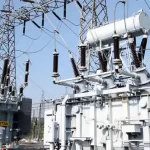

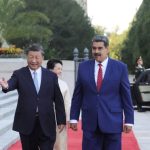
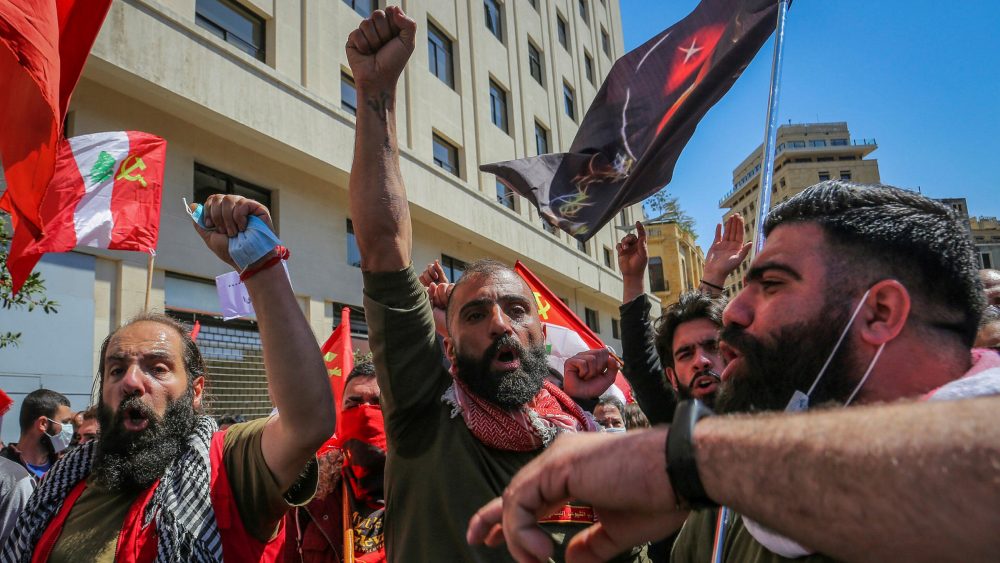










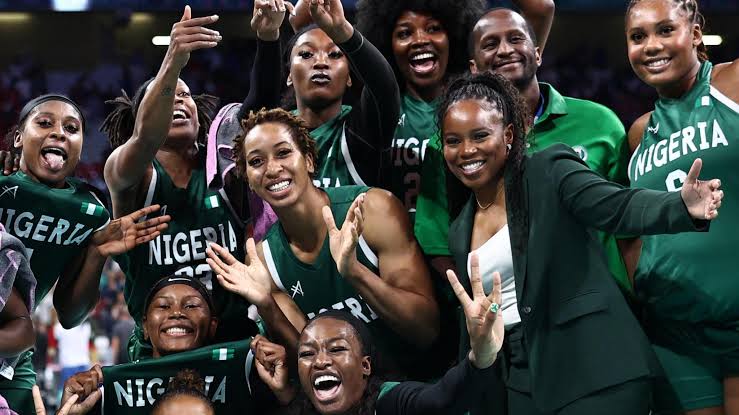
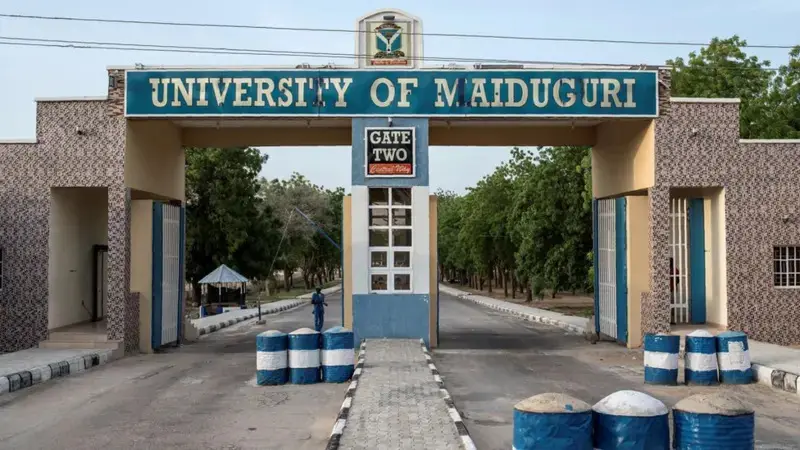

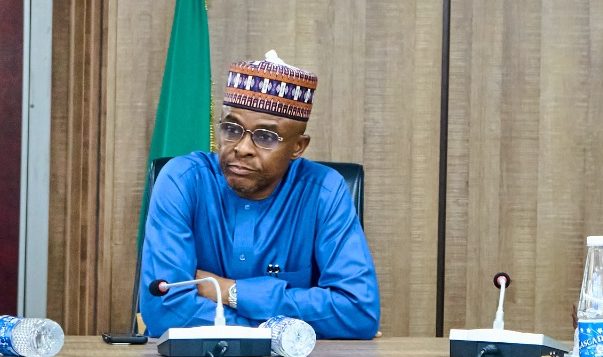
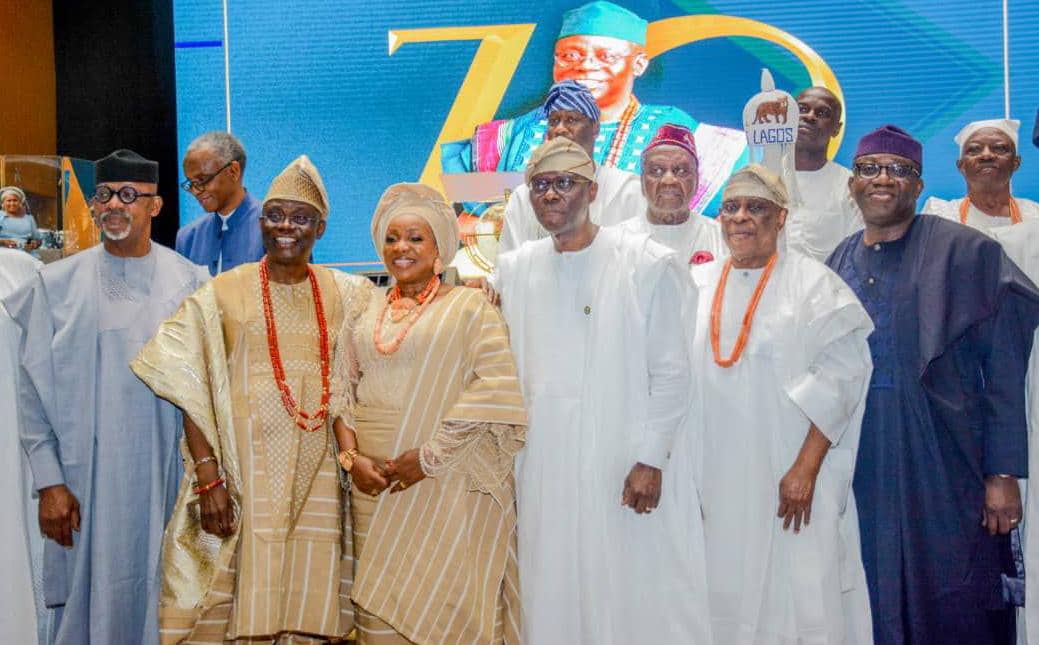




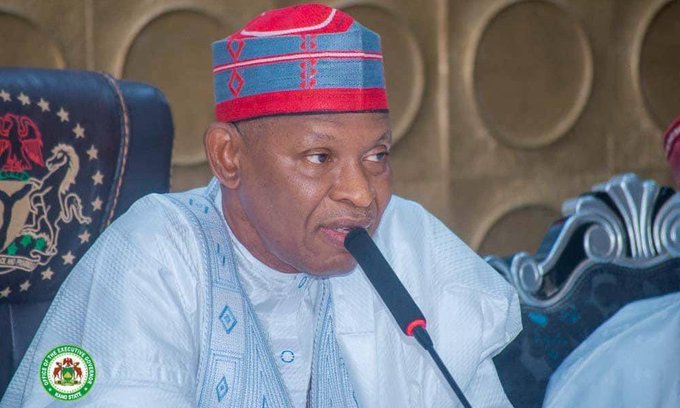
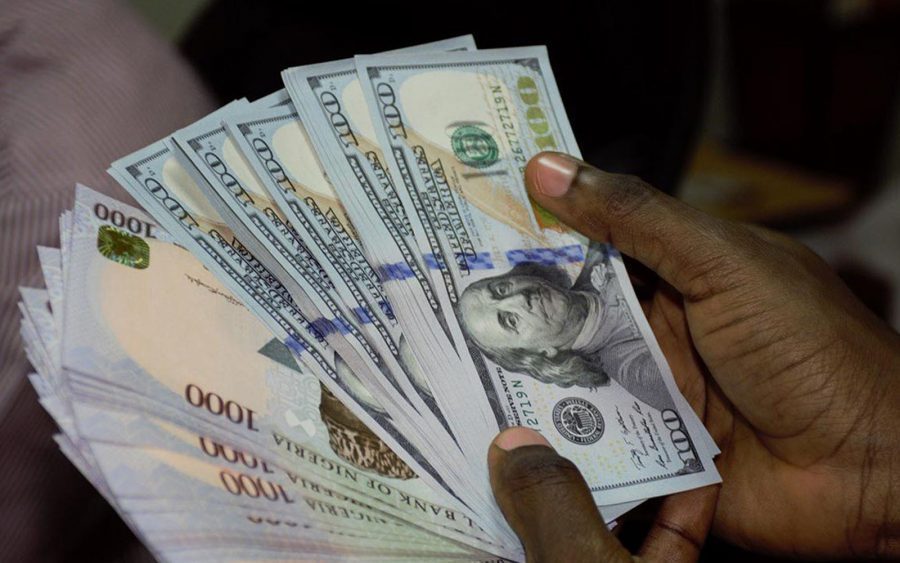
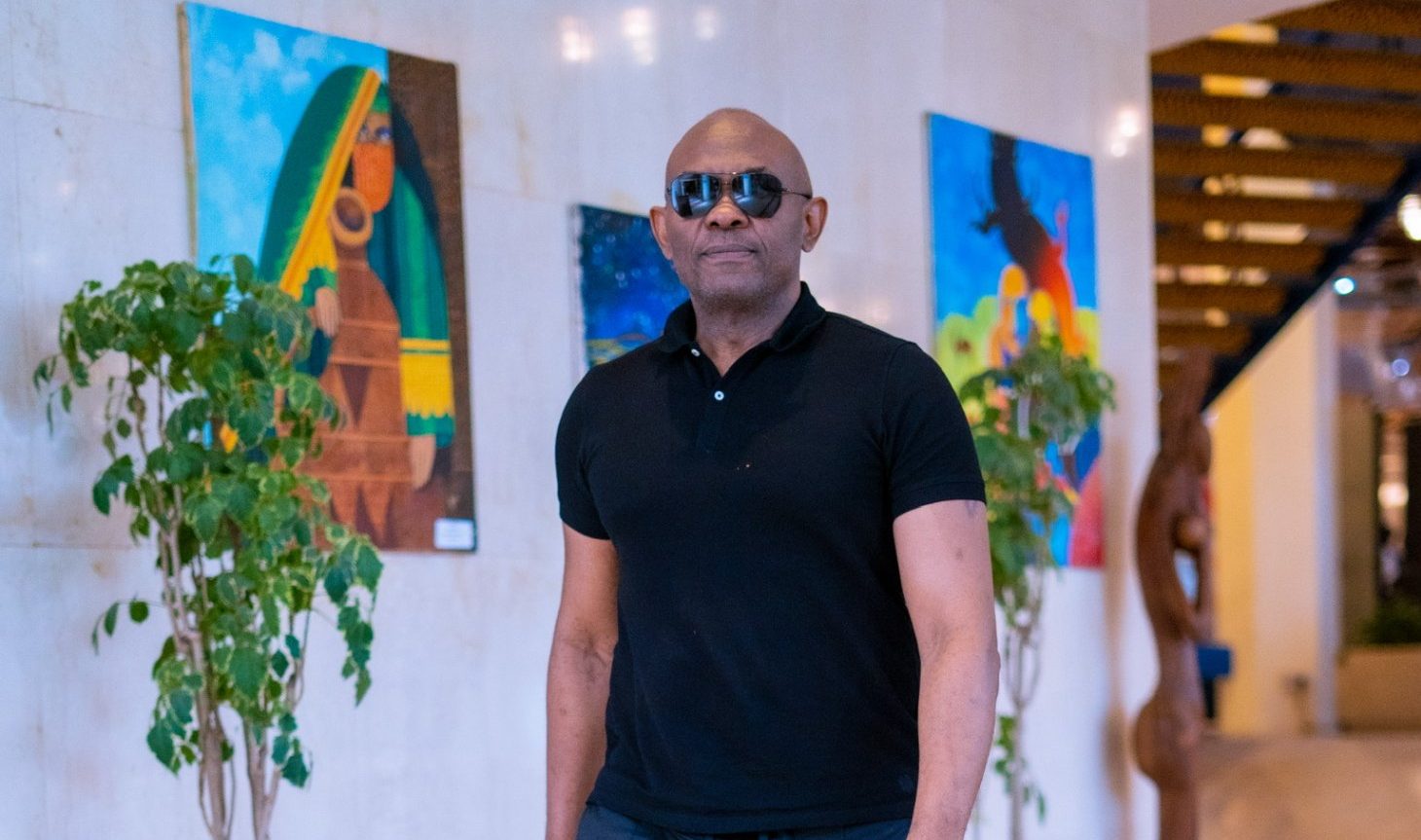

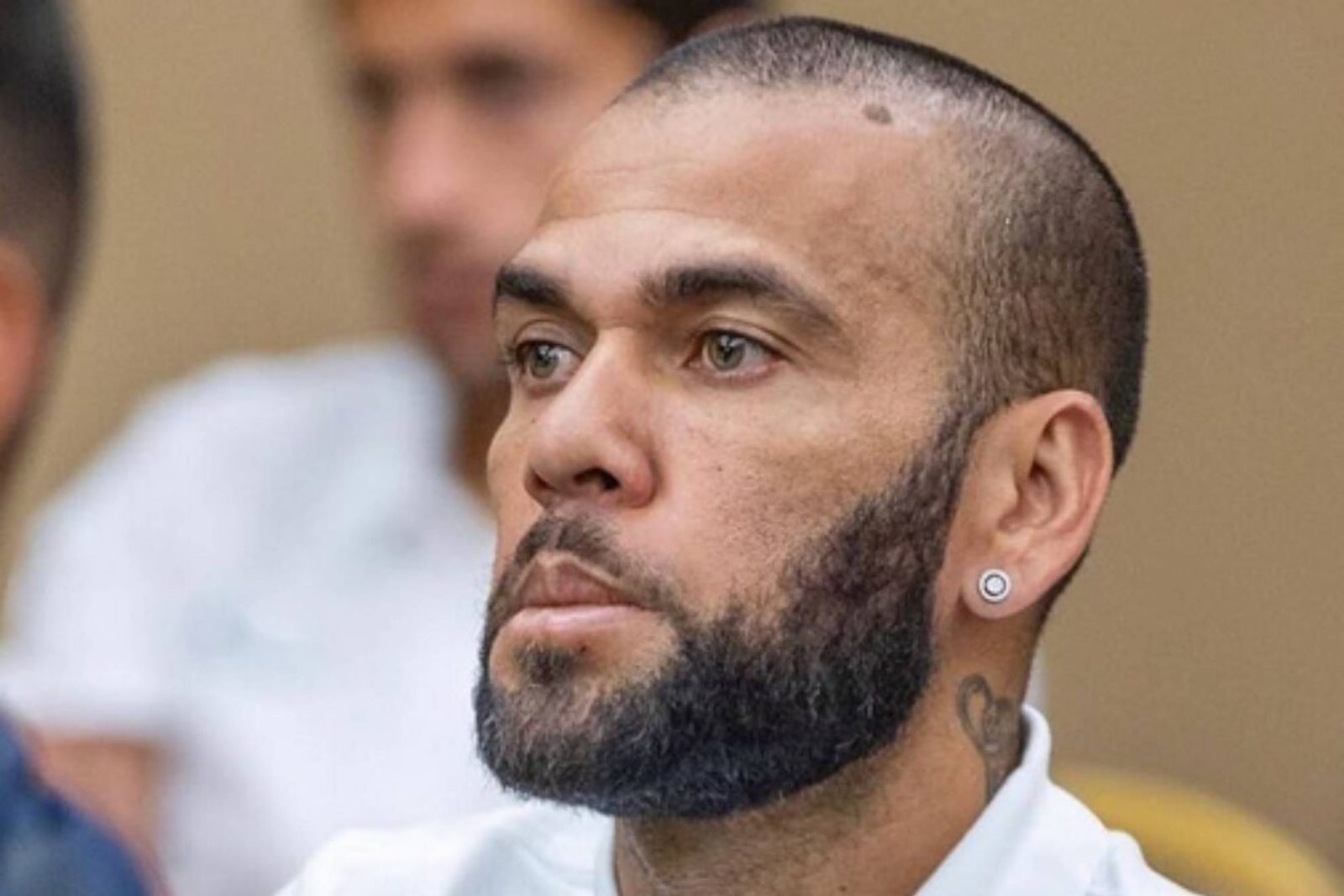


Leave a comment